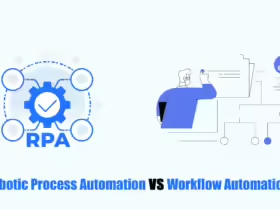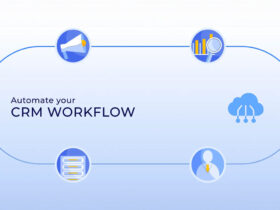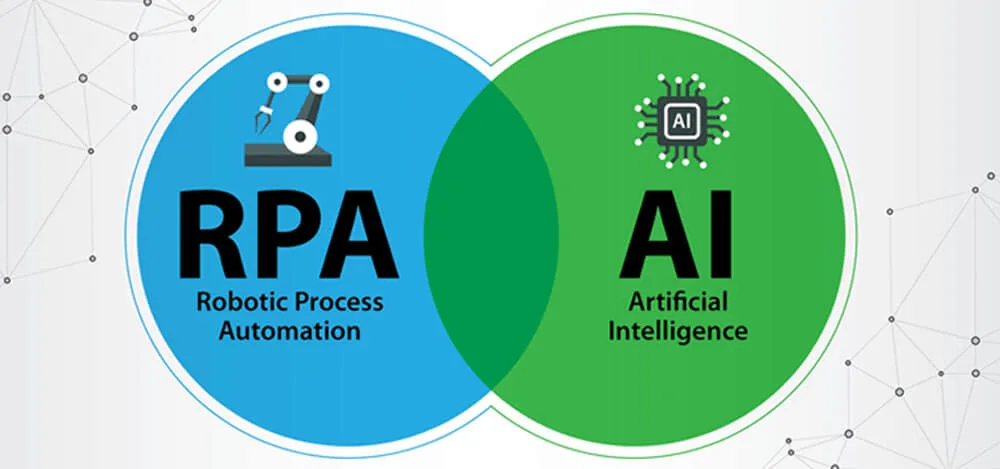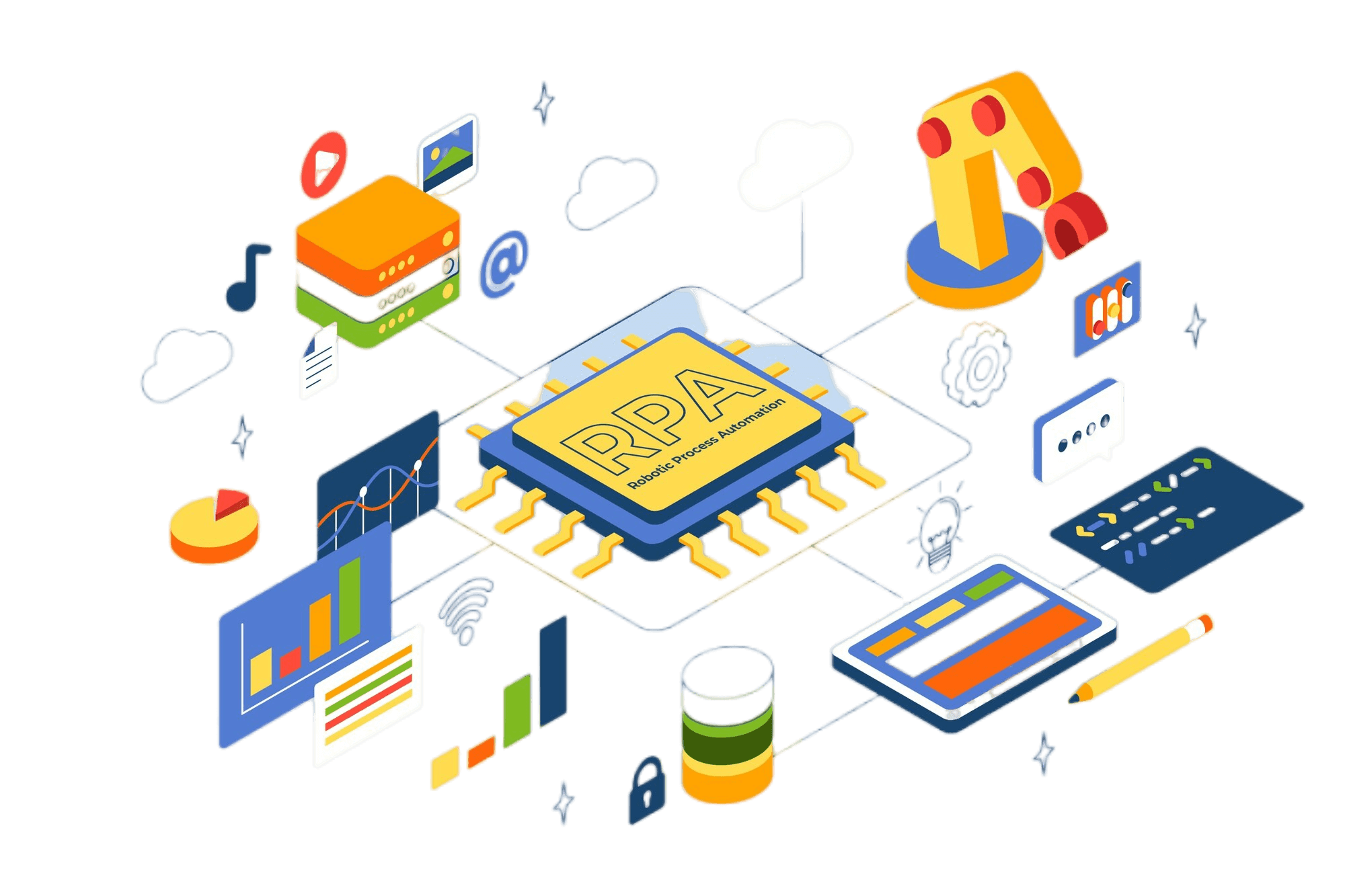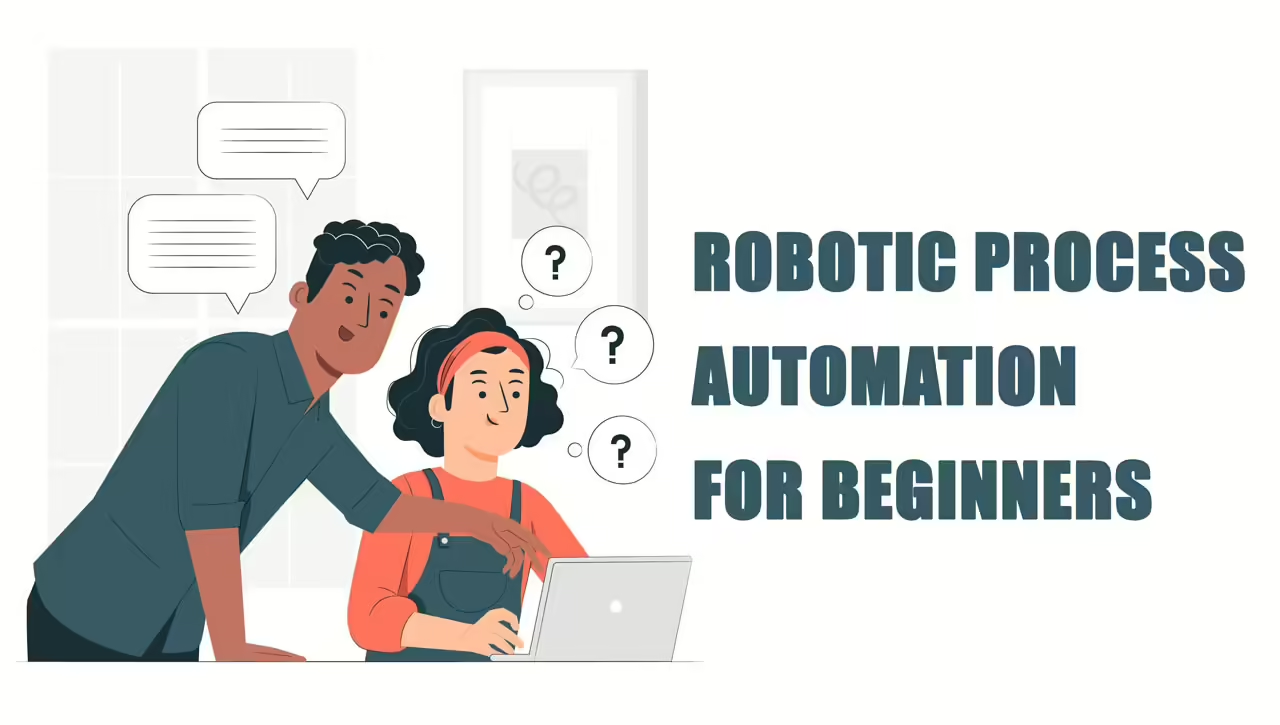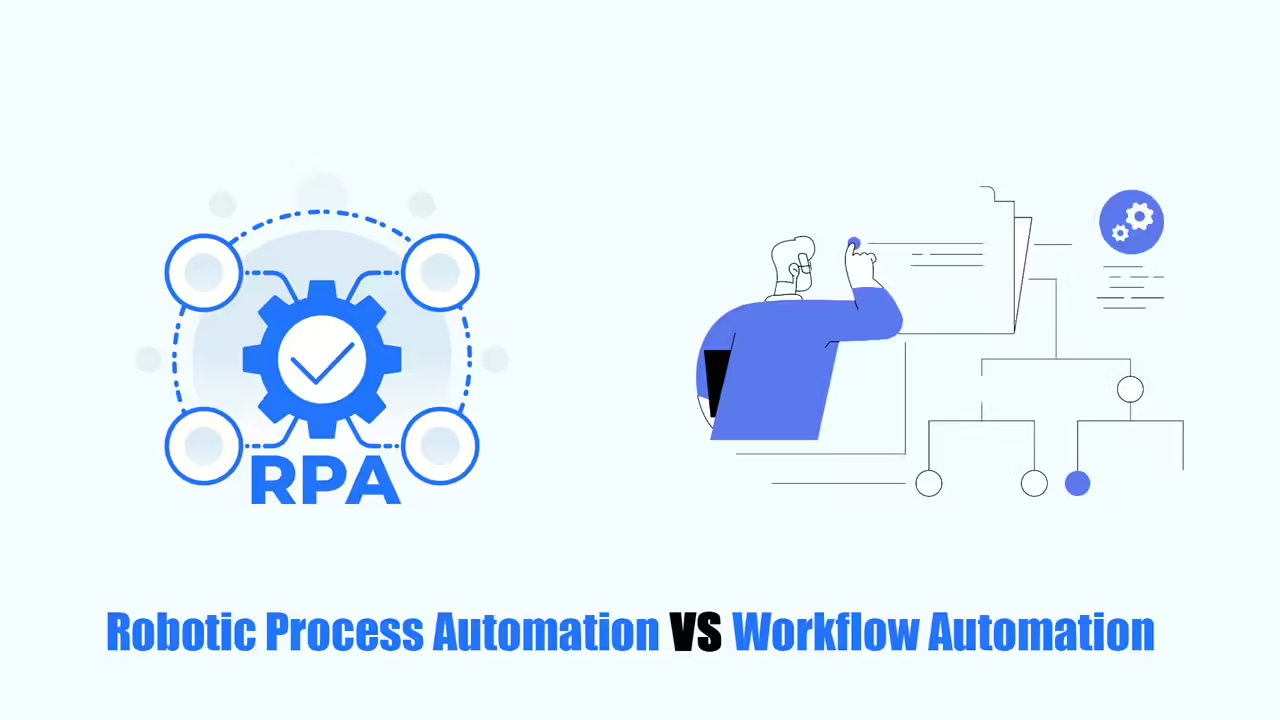Robotic process automation (RPA) is getting popular because it can automate tasks without needing expensive IT projects. A wider range of people than you might expect can do RPA work. Let’s explore the top 4 jobs for Robotic Process Automation with me.
RPA is good for tasks where people use multiple programs to move or combine data. These are repetitive tasks people usually do, but RPA can automate them. Before RPA, automating these tasks was difficult because it required a lot of IT resources or the programs didn’t work well together.
RPA focuses on automating existing tasks without changing them, unlike Business Process Management which aims to improve processes.
Software testers, business analysts, and even managers can do RPA jobs. This is because RPA tools imitate how people use programs, making them easy to create and use without special skills or large budgets.
However, IT experts are still needed to design and maintain these RPA tools, which creates new opportunities for tech workers. Software testers, in particular, can benefit because the skills used to automate software tests are very similar to how RPA works.
Jobs for Robotic Process Automation

RPA isn’t just for tech people. Business analysts and others who can understand and imagine automating work can also learn to make or design bots. Business leaders who haven’t used RPA yet can explore its potential and lead such projects.
To learn more, we talked to experts like Shail Khiyara, who worked at top RPA companies, Ahmed Zaidi, a leader in RPA consulting, and Wayne Ariola, a manager at Tricentis RPA.
A common question is where to find people for RPA jobs. Zaidi says there aren’t enough experienced RPA professionals yet, even though the field is growing and training is available. Let’s look at 4 RPA job titles:
RPA Developer
A good RPA developer doesn’t need as much coding skills as a traditional programmer. They should know some basic scripting, but even someone who started with simple Excel tasks and learned some coding can be an RPA developer.
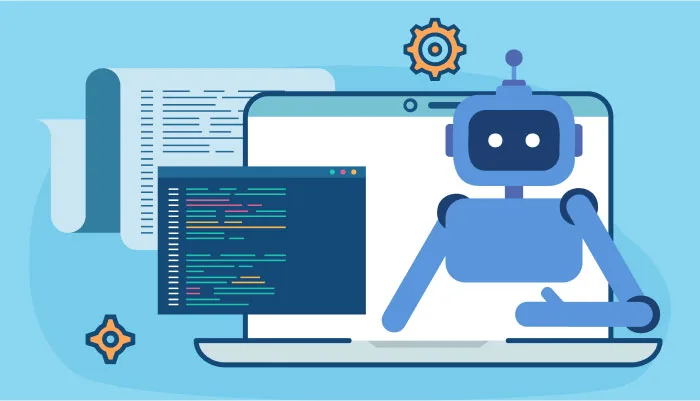
Most RPA developers do have programming skills and understand how computers work. RPA tools focus on simple visual ways to build things, but knowing programming basics is still important.
Zaidi, an RPA expert, says that people who love to code might not be the best fit for RPA, as it often involves dragging and dropping elements instead of writing lots of code. But you can still code if you need to go beyond the tool’s limits.
Zaidi himself came from a software testing background, and he says RPA is a great opportunity for testers. The skills used in testing software are very similar to RPA.
Ariola, another expert, agrees. He suggests that software testers can get a big pay raise by learning RPA. He even says that someone with 10 years of experience in testing could earn much more as an RPA developer.
Zaidi doesn’t think the pay difference is that big, but he agrees that there’s a high demand for people with software testing skills in the RPA field.
RPA Architect
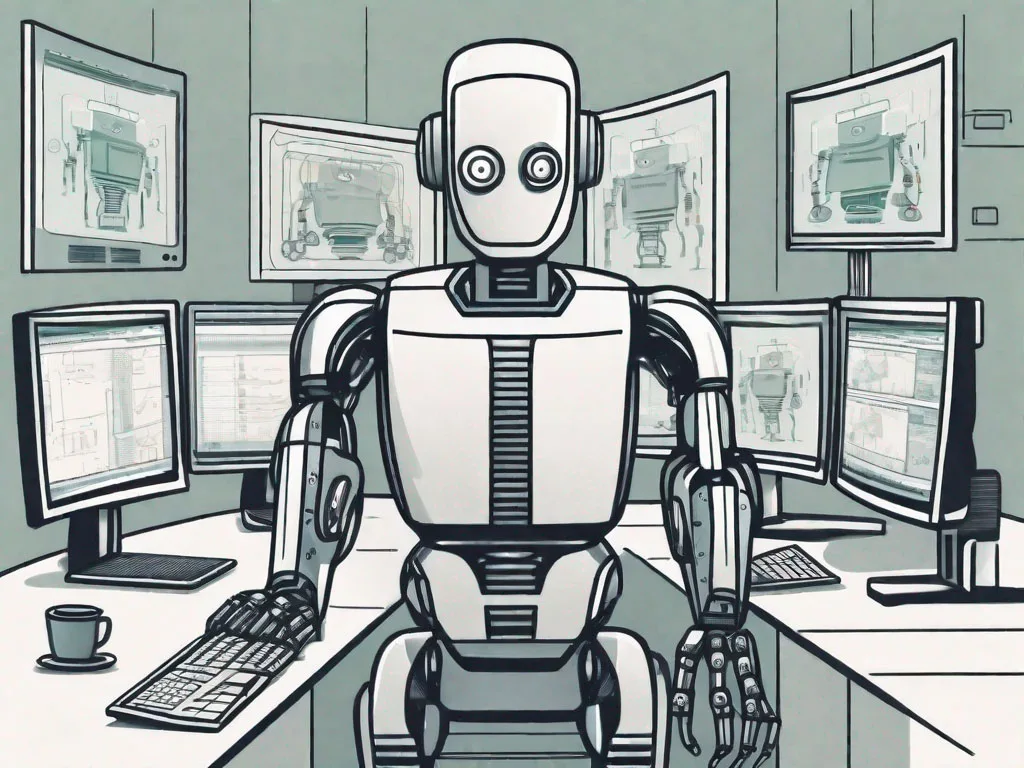
A good RPA architect needs to be like a good software architect, says Zaidi. They should have 5-8 years of experience and know how to make well-structured and reusable code.
An architect should understand good design principles and know when to create multiple simple bots instead of one complex one. They should also know when RPA isn’t the best solution and a traditional software project would be better.
Ariola says that without this broad view, automation projects can fail. This happens when the first few projects seem successful, leading to more bots being created. But if these bots aren’t made well or by people who won’t be around to fix them, they’ll stop working when things change.
A good RPA architect makes sure the bots are strong, adaptable, and easy to keep working over time.
RPA Analyst

Just like good RPA architects are good software planners, good RPA analysts are good business planners. They can understand business processes and needs when deciding what an application or integration should do.
In RPA, the difference between a developer (who builds things) and an analyst (who plans things) can be unclear. This is because developers need to understand the processes they’re automating, and analysts can sometimes use RPA tools to make simple models of applications. More often, though, analysts make diagrams and presentations to explain things.
The work might not be very different, but business analysts can benefit from calling themselves RPA specialists while there’s high demand for those skills.
RPA Champion
Khiyara says that business people he worked with often improved their careers by leading RPA projects. Sometimes they come from IT, but often they’re leaders from other areas who need to get things done without relying on IT’s limited resources.
Many business units are creating RPA teams, often without IT help, says Khiyara. The people in charge of these teams have the chance to define their own roles, but this can be risky.
Ariola says that these people sometimes struggle because there’s no clear training or job description for them. He compares it to the early days of Chief Digital Officers, when no one knew exactly what that job meant.
Khiyara says that RPA leaders who aren’t from IT need to build good relationships with IT to make sure projects are successful in the long run. He also believes that RPA companies should help bridge the gap between business and IT, instead of expecting them to figure it out themselves.
Robotic Process Automation Job Interview: How to Prepare?
IT professionals often hear about the importance of connecting technology with business. RPA is exactly that. It can bring big benefits, but it’s not magic: it won’t fix broken processes on its own.
Antony Edwards from Eggplant says that RPA is about using technology to solve business problems. IT people preparing for RPA jobs should focus on learning about business processes and how to work with different groups of people.
Understanding how technology affects people and processes is key to RPA success. So, your experience in improving work processes will be valued. RPA is not just about automating tasks, but understanding how things work and what people expect.
If you know how to handle messy data, you have an advantage.
Huff from Kofax explains that RPA’s value comes from automating simple tasks, freeing up people for more important work. However, RPA needs organized data, which is a challenge for many companies. If you have experience in this area, you’re ahead of others.
Most data is messy and not organized. This is a big chance for people to get suitable jobs for Robotic Process Automation. Those who know how to turn messy data into organized data will be more valuable and can lead bigger projects.
Read more:



